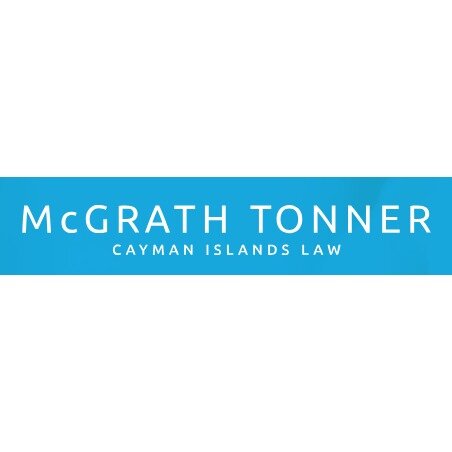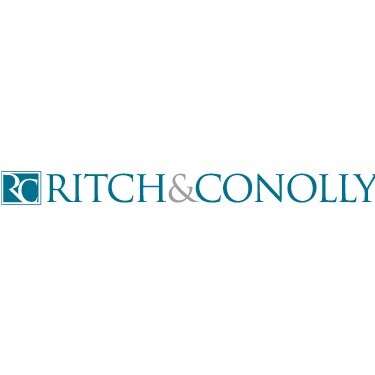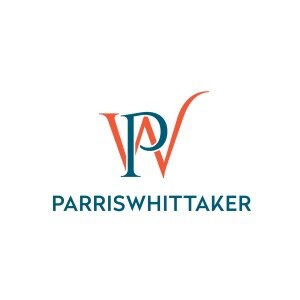Best Conveyancing Lawyers in George Town
Share your needs with us, get contacted by law firms.
Free. Takes 2 min.
Free Guide to Hiring a Real Estate Lawyer
List of the best lawyers in George Town, Cayman Islands
About Conveyancing Law in George Town, Cayman Islands
Conveyancing in George Town, Cayman Islands refers to the legal process of transferring property ownership from one person or entity to another. This process can include the sale, purchase, lease, or mortgage of land and buildings. George Town, being the capital and a major business hub, has a vibrant real estate market that is regulated by a comprehensive legal framework. The law ensures that the transfer of land is carried out transparently, securely, and in accordance with both local legislation and longstanding property law principles. The majority of property transactions require the involvement of licensed attorneys to protect the interests of all parties and to comply with Cayman Islands regulations.
Why You May Need a Lawyer
There are several common situations in which individuals or businesses may require legal help for conveyancing in George Town, Cayman Islands:
- Buying or selling residential or commercial real estate
- Leasing property for business or personal use
- Securing a mortgage or refinancing an existing loan against property
- Transferring ownership of property due to inheritance or divorce
- Resolving disputes regarding property boundaries, title, or easements
- Ensuring compliance with foreign ownership restrictions
- Conducting due diligence to verify clear title and absence of encumbrances
- Drafting and reviewing contracts for sale and purchase or lease agreements
- Registering property with the Land Registry and paying requisite government fees
A local lawyer can provide expert guidance throughout the process, helping you avoid costly mistakes and legal pitfalls.
Local Laws Overview
Conveyancing in George Town is governed mainly by the Registered Land Law and the Stamp Duty Law. Property transfers must be recorded with the Cayman Islands Land Registry to be legally recognized. Key points of the local laws include:
- All changes to land ownership are registered at the Land Registry, which maintains a central record of titles.
- Foreign nationals are generally permitted to own property, but must comply with local restrictions and regulations.
- Stamp duty is payable on property transfers. The current standard rate is seven and a half percent of the purchase price or market value, whichever is higher, with some exceptions and reductions available.
- All property dealings must be in writing and signed by both parties to be enforceable.
- Once property ownership is registered, the title is considered conclusive under Cayman Islands law, protecting the rightful owner against most challenges.
- Legal practitioners must conduct due diligence, including title searches and compliance checks, to ensure a smooth and secure transaction.
It is critical to adhere strictly to local procedures and deadlines to avoid delays or financial penalties.
Frequently Asked Questions
What is conveyancing?
Conveyancing is the legal term for the process of transferring the title of property from one person to another. This includes buying, selling, or leasing property.
Do I need a lawyer for conveyancing in George Town, Cayman Islands?
Yes, it is highly recommended and often mandatory to use a local attorney. Lawyers ensure all legal requirements are met, conduct due diligence, and protect your interests.
How long does the conveyancing process take?
A straightforward transaction can take about four to eight weeks from agreement of terms to completion, but complex cases may take longer depending on surveys, financing, and searches.
What taxes or fees do I have to pay?
The main cost is stamp duty, which is typically seven and a half percent of the purchase price or market value. Legal fees, registration fees, and sometimes bank charges may also apply.
Can foreigners buy property in George Town, Cayman Islands?
Yes, foreigners can buy property without prior government approval, but may need a local attorney to navigate any specific restrictions or regulatory requirements.
What is a Land Register and why is it important?
The Land Register is an official government record of land ownership, boundaries, and mortgages. It provides security and clarity to both buyers and sellers that titles are clear.
What is due diligence in conveyancing?
Due diligence is the process of investigating a property to ensure the seller has a clear title, there are no liens or legal disputes, and the property matches the buyer's expectations.
What happens if there are issues with the property title?
Any issues must be resolved before the property can be legally transferred. This could involve clearing liens, correcting registration, or settling disputes, often requiring legal intervention.
How is payment handled in a property transaction?
Payment is usually managed through the attorney's client account. Funds are transferred only after all paperwork is in order and the transfer is ready to be registered.
Can I complete property transfers myself without a lawyer?
Conveyancing in the Cayman Islands is complex, and missing documentation or errors can result in financial or legal risks. It is strongly advised to hire a qualified attorney.
Additional Resources
If you need more information or assistance, consider the following resources:
- Cayman Islands Land Registry - handles registration and records of land ownership
- Cayman Islands Law Society - provides access to qualified conveyancing attorneys
- Department of Lands and Survey - offers guidance on property boundaries, maps, and land valuations
- Cayman Islands Government - General Registry for official forms and processes
Next Steps
If you are considering a conveyancing transaction in George Town, Cayman Islands, start by:
- Identifying the nature of your property transaction (purchase, sale, lease, etc).
- Gathering necessary documents such as identification, title deeds, and any existing contracts.
- Consulting a local, qualified attorney with experience in Cayman Islands conveyancing law.
- Requesting an initial consultation to discuss your needs and understand the legal process, expected costs, and timelines.
- Being proactive about communication and documentation to ensure all requirements are fulfilled promptly.
Early legal guidance can save time, reduce stress, and provide added security throughout your property transaction.
Lawzana helps you find the best lawyers and law firms in George Town through a curated and pre-screened list of qualified legal professionals. Our platform offers rankings and detailed profiles of attorneys and law firms, allowing you to compare based on practice areas, including Conveyancing, experience, and client feedback.
Each profile includes a description of the firm's areas of practice, client reviews, team members and partners, year of establishment, spoken languages, office locations, contact information, social media presence, and any published articles or resources. Most firms on our platform speak English and are experienced in both local and international legal matters.
Get a quote from top-rated law firms in George Town, Cayman Islands — quickly, securely, and without unnecessary hassle.
Disclaimer:
The information provided on this page is for general informational purposes only and does not constitute legal advice. While we strive to ensure the accuracy and relevance of the content, legal information may change over time, and interpretations of the law can vary. You should always consult with a qualified legal professional for advice specific to your situation.
We disclaim all liability for actions taken or not taken based on the content of this page. If you believe any information is incorrect or outdated, please contact us, and we will review and update it where appropriate.
















